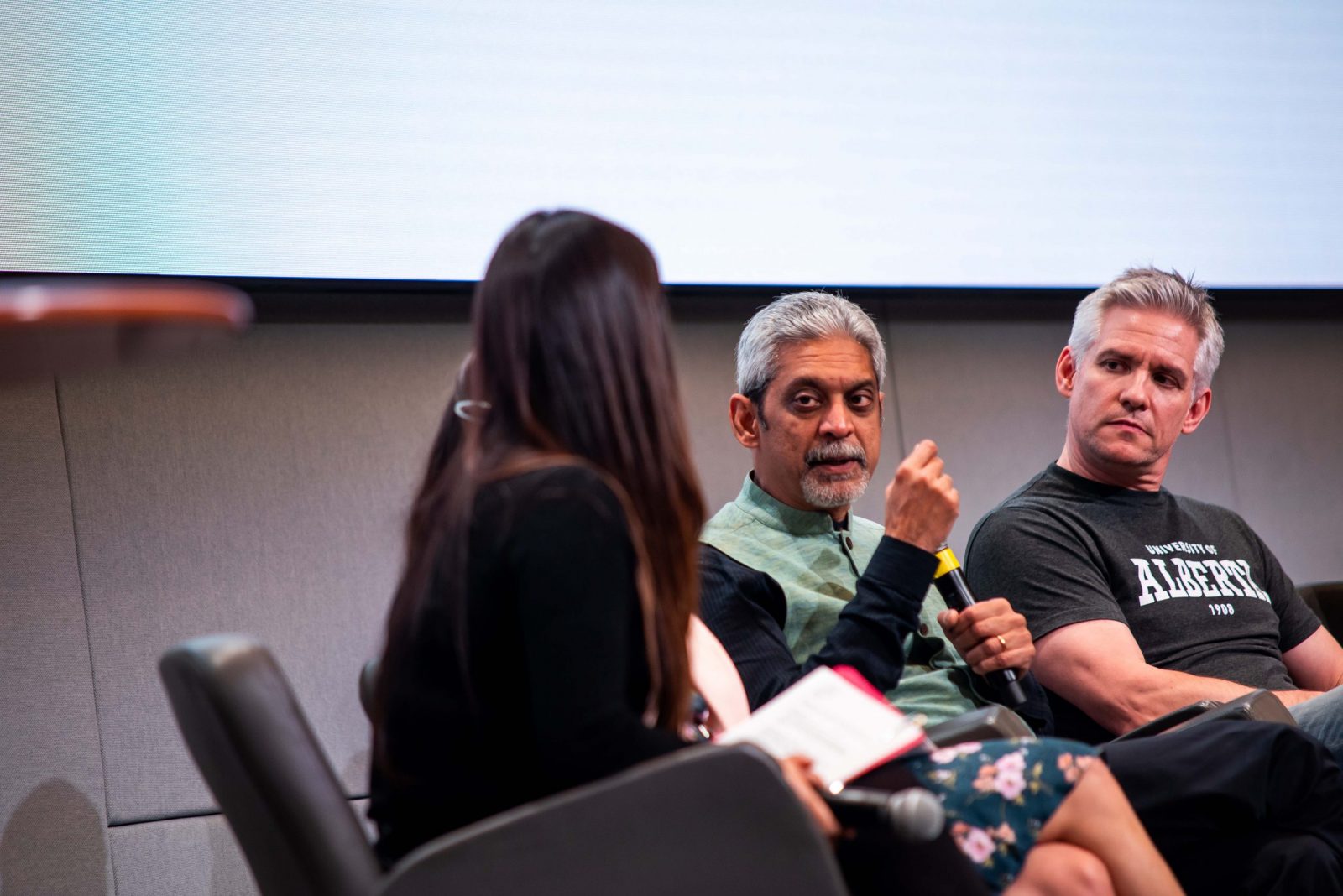By: Dr. Lindy Zaretsky
We recently held our second annual conference Access Counts, which followed our highly successful first conference, Culture Counts. SAAAC Autism Centre brought together local and global researchers, professors, clinicians, health and education practitioners, policy makers, service providers, volunteers, and families for highly engaging learning exchanges across sectors.
Together, through enlightening presentations and dialogue, participants learned how disability, race, culture, language, and socio-economic status all intersect and have significant impact on local and global research design, policy development, and assessment-informed clinical and educational interventions for children, youth, adults and their families living with autism. Moreover, we learned about myriad of innovative ways in which we can continue to work together, to remove barriers to resources and improve access to fair (culturally unbiased) supports and services.
It is well known that culturally diverse and economically disadvantaged communities, and newcomers struggle with navigating complex systems of care, and so they remain underserved. As such, exclusion and lack of access to resources persists for far too many. Through the presentations, we learned about exciting services that are successfully busting these barriers by providing health services in the communities in which these families reside. We also learned about affordable mental health programs that are addressing the needs of caregivers who require supports for their own well-being.
Day 1 of the conference focused on innovative and bold research and practices in health and education for children and youth living with autism. The presentations highlighted current practices that can unintentionally narrow pathways to opportunities and success, yet they also described alternative practices that can offer individuals greater access to learning and meaningful participation and inclusion in their schools and communities at large. Day 2 emphasized access to adult services. Person-directed planning processes used to support with transitions to work, recreational activities, and supported housing options, were enthusiastically shared and appreciated. Legal implications for caregiving, and mental health supports for caregivers were also well received.
Feedback from participants strongly suggests that together, we are building our capacity to exchange knowledge, share resources, and design research, practices, and supports that are becoming more accessible to professionals, volunteers, and families in need in underserved and increasingly diverse communities. We are grateful to all our participants and hope to see you and many more at our third annual conference. Please let us know what you would like to see happen during this conference. Send us your ideas so that you can directly help us to build the conference program!
To see recordings of the conference, please click HERE
